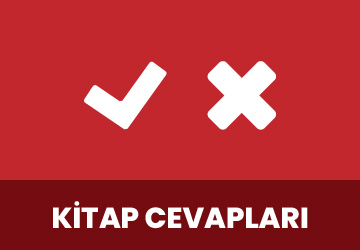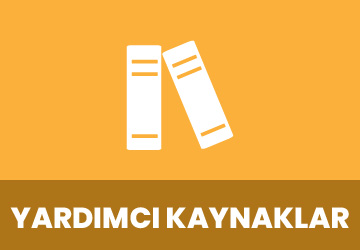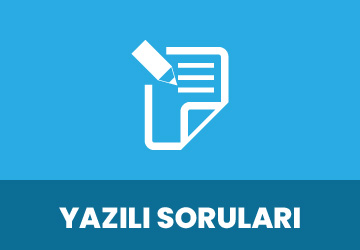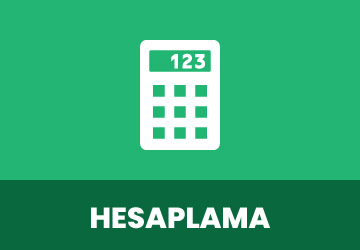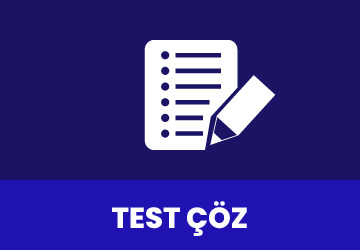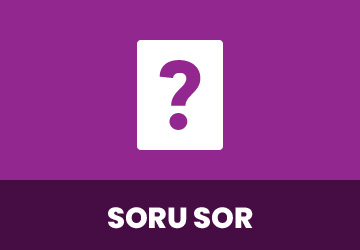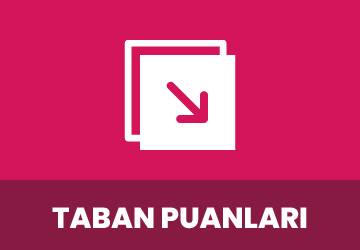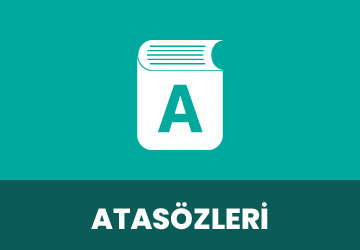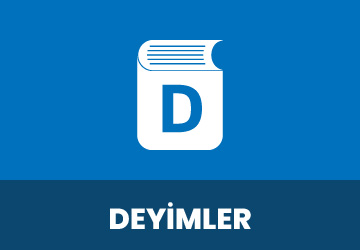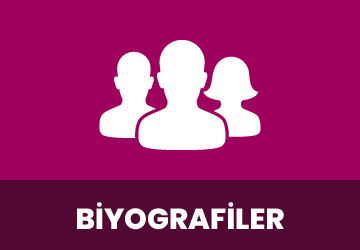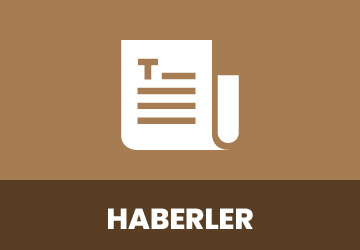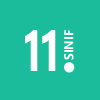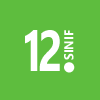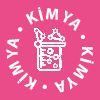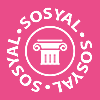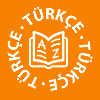
İngilizce Meb Yayınları Yes You Can B1.1 Ders Kitabı Sayfa 99 Cevabı
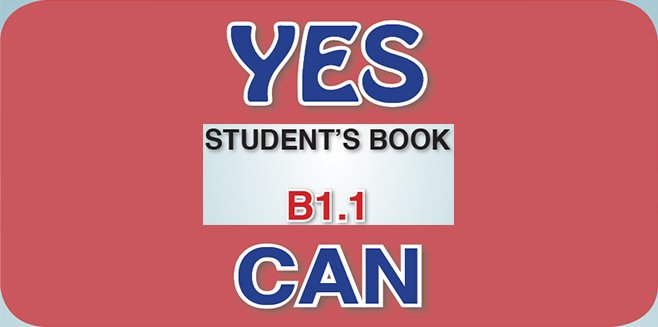

İngilizce Meb Yayınları Yes You Can B1.1 Ders Kitabı Sayfa 99 Cevabı
2017 – 2018 Eğitim Öğretim dönemiyle beraber pek çok ders ve çalışma kitabı değişti. Değişen ders kitaplarından biri de “İngilizce Meb Yayınları Yes You Can B1.1 Ders Kitabı Cevapları” oldu. Kitabı incelediğimizde ise Devrim ÖZBEK, Hatice KUMRAL, Sevinç ÖRER tarafından 132 sayfa olarak kaleme alındığını görüyoruz. Kitapta görseller ön plana çıkarılmış ve görsel tasarım ise Beyza DİRİK, Zafer HAŞİMOĞLU tarafından yapılmış.
“İngilizce Meb Yayınları Yes You Can B1.1 Student’s Book Sayfa 99 Cevapları“nda önce sorular yazıldı daha sonra cevaplar verildi.
SORULAR
If babies are hungry, they cry.
*When we talk about things that are generally or always true, we can use:
If/When/Unless/In case+ a present form; present simple or imperative
Examples:
If he gets there before me, ask him to wait.
When you fly budget airline, you have to pay for your drinks and snacks.
*Notice that ‘unless’ means the same as ‘if not’.
Unless he asks you politely, refuse to do any more work on the project.
Unless you’ve been there yourself, you don’t really understand how fantastic it is.
Don’t hesitate to phone us in case you need any medical help.
In the condition clause, we can use a variety of present forms. In the result clause, there can only be the present simple or imperative:
If you visit London, go on the London Eye.
If unemployment is rising, people tend to stay in their present jobs.
If you’ve done that, go and have a coffee.
When you go on holiday, take plenty of sun cream. It’ll be very hot.
When l’m concentrating on my homework, please don’t make so much noise.
When l’ve finished an article, I always ask Kate to read it through.
FIRST CONDITIONAL
When we are talking about a particular condition or situation in the future, and the result of this condition, we use the first conditional. There is a real possibility that this condition will happen.
IF
Condition
Result
present simple
Will + base verb
If
it rains,
I will stay at home.
If
I see Mary,
I will tell her.
If
they do not pass the exam,
they will be sad.
If
you sit in the sun,
you’ll get burned.
For example (zero conditional): if you sit in the sun, you get burned (here we are talking about every time a person sits in the sun – the burning is a natural consequence of the sitting)
But (first conditional): if you sit in the sun, you’ll get burned (here we are talking about what will happen today, another day might be different.)
We use first conditional to talk about things which might happen in the future. Of course, we can’t know what will happen in the future, but this describes possible things, which could easily come true.
Here are some more examples:
If it rains, I won’t go to the park.
If I study today, l’ll go to the party tonight.
If I have enough money, l’ll buy some new shoes.
She’ll be late if the train is delayed.
She’ll miss the bus if she doesn’t hurry.
C- SIMPLE PAST TENSE – SECOND CONDITIONAL
The simple past tense is used to talk about finished actions that happened at a specific time in the past. We state when it happened using a time adverb. We form the simple past of a verb by adding -ed to the end of a regular verb but, irregular verb forms have to be learnt.
İngilizce Meb Yayınları Yes You Can B1.1 Ders Kitabı Sayfa 99 Cevabı

